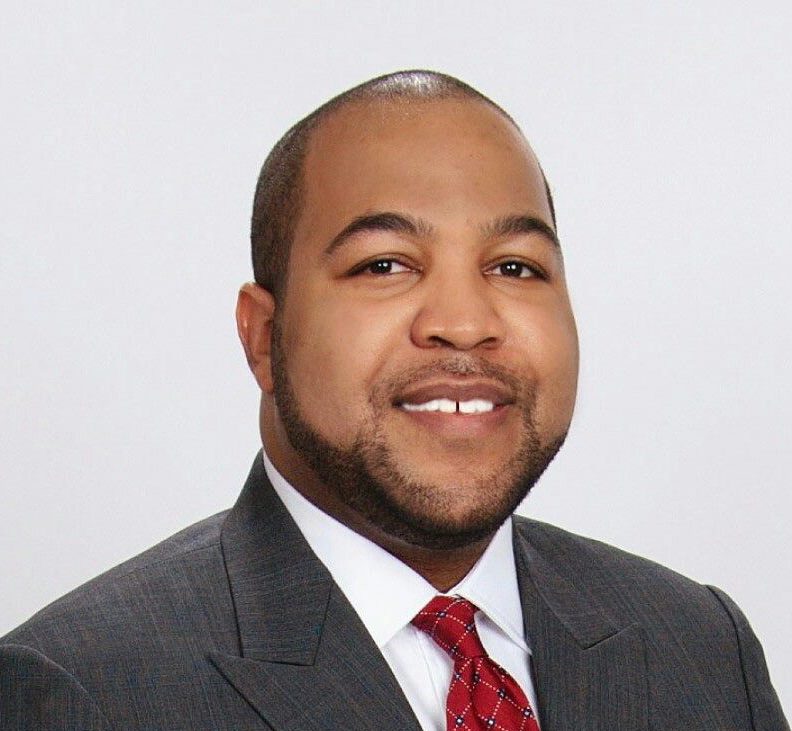By Mr. John Thomas III, Editor of The Christian Recorder
1787 (the foundation of the Free African Society) and 1816 (the first General Conference) are years that are well-known to members of the AME Church. Less familiar is 1822—the year when the Reverend Scipio Beans was sent as the AME missionary to the country of Haiti. St. Peter AME Church in Port-au-Prince, Haiti is one of (if not the) oldest Protestant houses of worship in the country. Two years later, immigrants from Philadelphia would settle in the Dominican Republic bringing the AME Church with them. Before there were churches in most of the United States, the daughters and sons of Allen were planted and blossoming on the island of Hispaniola.
While the AME Church in the Dominican Republic is small relative to other Protestant denominations in the country, it is thriving and with 3000 members it is the largest Annual Conference in the 16th Episcopal District. At the 2017 Planning Meeting of the 16th Episcopal District, history was made when Dr. Isabel Medina Dishmey of the Dominican Republic was elected as the Episcopal District Lay President. For the first time in connectional history, there was an Episcopal District President of an auxiliary whose first (or second) language was not English.
One of her first duties as District President was to attend the 2017 Session of the Connectional Lay Organization (CLO) Biennial. I served as Dr. Medina’s translator during her time at the meeting and walking with her opened my eyes to the fact that in spite of our rich and storied international heritage, many AMEs still do not appreciate (or embrace) what it truly means to be a “global” church. The lack of any attempt by the CLO to have prepared materials for her in Spanish meant that even the simplest reports became a challenge to get through. Hearing delegates demand that she speak English and members of the Executive Board questioning the very reason for her presence was disturbing and offensive.
Frustrated, Dr. Medina took to the floor of the Biennial during one of the plenaries to protest her treatment and to ask why training materials were not available in her language—despite having requested the same publicly for 8 years. She clearly had an impact on the assembly and many people came up to her afterward and apologized—among them the newly elected Director of Lay Activities. Some even greeting her in Spanish. In the hallway, a delegate from outside of the United States approached me and said that she was encouraged by Dr. Medina’s boldness. Then with a sadness in her voice commented, “I speak English and I feel sometimes like I’m a tourist in an American church.”
Translating documents and providing interpretation services at Connectional meetings is only the beginning. We must be intentional in incorporating the talents of all of our members into the life work of Connectional African Methodism. Someone’s nationality or language does not determine their level of service to the Kingdom of God and should not determine their worth to the AME Church. We must reflect on the inclusivity of our worship services and programming—particularly at our Connectional meetings. The xenophobic and American-centric attitude that has crept even into the highest levels of the clergy and lay leadership of our Zion must be rebuked and repudiated. While we are making strides, we still have a long way to go before we truly live in our global nature. It will be a great day when all the sons and daughters of Allen will sit together as equal heirs of the rich legacy of African Methodism.





